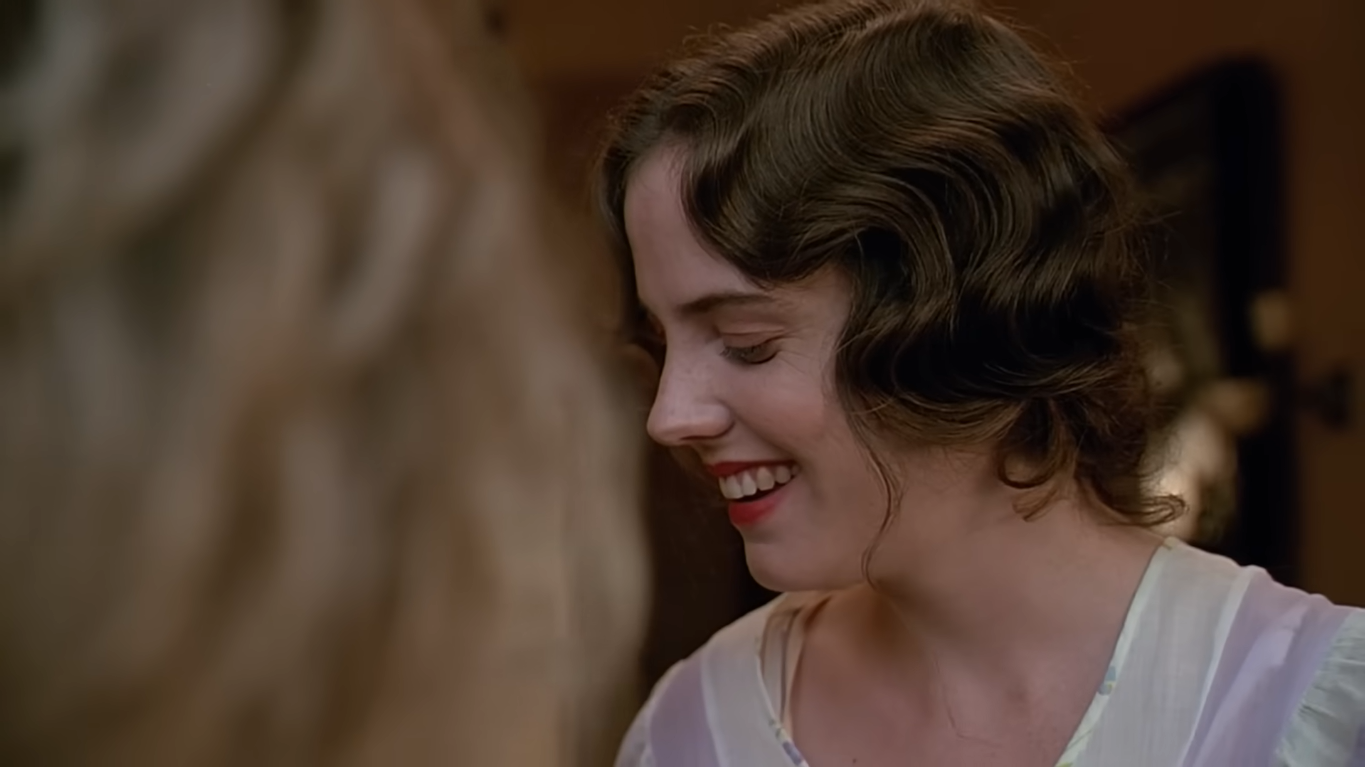
On its surface, Fried Green Tomatoes may seem like a quiet Southern tale of friendship and small-town life. But hidden beneath the smell of biscuits and the clatter of trains lies a deeper current: the presence of faith, not as a set of rules, but as a moral compass in a world of ambiguity.
The film doesn’t preach. Instead, it whispers. And in those whispers, we find a thoughtful, sometimes radical, exploration of religion, redemption, and how faith operates outside the walls of the church.
Ruth’s Faith: Grace Under Pressure
Ruth Jamison is the most openly religious character in the film. Introduced as a refined, churchgoing woman, her faith is quiet but firm. She carries it like a candle in a storm — not to light others, but to keep herself from going dark.
-
When she escapes her abusive husband, she doesn’t abandon her beliefs — she acts from them.
-
Her love for Idgie, while never explicitly labeled in the film, is not in contradiction to her faith, but rather an extension of its deepest values: compassion, loyalty, and sacrifice.
Ruth’s faith isn’t a barrier — it’s a foundation, helping her navigate moral choices in a world that doesn’t reward goodness.
Idgie vs. The Church: Rebellion and Righteousness

Idgie Threadgoode, on the other hand, has a complicated relationship with religion. She’s a wild spirit, allergic to judgment and conformity.
In one memorable scene, when confronted with religious platitudes, Idgie retorts with biting sarcasm. She challenges church authority — not because she lacks morality, but because she recognizes the hypocrisy that sometimes hides behind holy words.
Idgie’s moral code is lived, not preached:
-
She feeds the hungry during the Depression.
-
She protects the vulnerable.
-
She tells the truth even when it costs her.
In many ways, Idgie is the embodiment of Christ-like compassion — radical, inclusive, and deeply human — yet she’s seen as an outsider by the religious institutions around her.
The Black Church and Sipsey’s Quiet Faith
Though the film doesn’t explicitly show scenes of Black church life, the cultural fabric of Whistle Stop includes a Black Christian tradition embodied in characters like Sipsey and Big George.
-
Sipsey, who kills Frank Bennett to protect Ruth and Stump, acts with moral clarity — not vengeance.
-
Her act, while legally criminal, is spiritually protective. It’s a maternal form of justice that echoes biblical stories of women who defy unjust kings to save innocent lives.
This subtle narrative choice — placing justice in the hands of a Black woman servant — offers a powerful commentary on faith as resistance, especially in communities marginalized by both race and class.
The Funeral Scene: Ritual and Release
One of the most moving expressions of religious ritual comes in Ruth’s funeral. Surrounded by friends and loved ones, her passing is not just an end — it’s a sacred closure.
-
Idgie’s presence, silent and shattered, becomes its own form of prayer.
-
There are no grand sermons — only the quiet grief of those who loved Ruth most.
In that moment, the film honors grief as sacred, and shows that mourning is an act of faith — not just in God, but in the belief that love transcends death.
Morality Beyond Dogma
Perhaps the most radical message of Fried Green Tomatoes is that true faith doesn’t always follow the rules.
-
It’s Sipsey killing to save a child.
-
It’s Idgie lying in court to protect her family.
-
It’s Evelyn finding purpose not through religion, but through courage and kindness.
In a way, the film dismantles the idea of religious righteousness and rebuilds it as moral action — often taken by those whom society or the church might label as sinners or outsiders.
Sacred Acts in Everyday Life
In Fried Green Tomatoes, the most sacred acts happen outside the church. They happen in kitchens, in quiet glances, in daring choices, and in moments of fierce love.
The film reminds us that faith isn’t just what we believe — it’s what we do, especially when no one’s watching. Whether it’s the courage to leave an abuser, the strength to raise a child alone, or the decision to feed the hungry, Fried Green Tomatoes paints a picture of spirituality that is earthy, tender, and deeply human.
In the end, it’s not a sermon that redeems these characters — it’s love. And perhaps that’s the holiest message of all.
